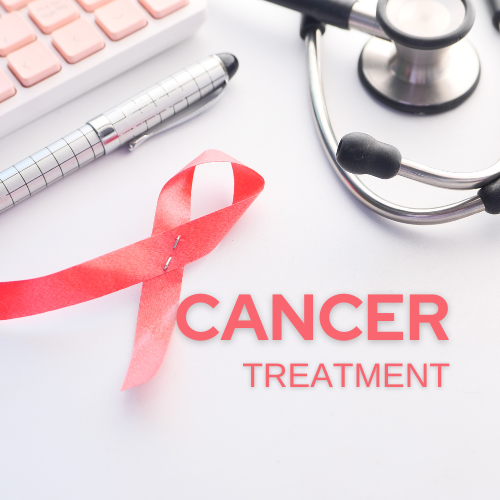Introduction
Early detection of cancer significantly increases the chances of successful treatment and recovery. Recognizing the warning signs can lead to timely medical intervention. Here are ten early warning signs of cancer you should never ignore.
1. Unexplained Weight Loss
Sudden, unexplained weight loss of 10 pounds or more can be an early sign of cancer, especially cancers of the pancreas, stomach, esophagus, or lung. If you notice a significant drop in weight without a change in diet or exercise, consult a healthcare professional.
2. Persistent Fatigue
While fatigue can result from various causes, persistent and unexplained fatigue that doesn’t improve with rest could indicate cancers such as leukemia, colon cancer, or stomach cancer. If you experience extreme tiredness that disrupts your daily life, seek medical advice.
3. Changes in Skin Appearance
Be aware of any new skin changes, including moles, warts, or freckles that change in size, shape, or color. These changes could be indicative of skin cancer, particularly melanoma. Regularly check your skin for any unusual growths or alterations.
4. Chronic Cough or Hoarseness
A persistent cough or hoarseness lasting more than three weeks can be a sign of lung cancer or cancers of the throat and voice box (larynx). If you have a cough that doesn’t go away or notice changes in your voice, it’s important to get it checked by a doctor.
5. Unusual Bleeding or Discharge
Unexplained bleeding or discharge can be an early sign of cancer. This includes blood in the urine (possible bladder or kidney cancer), stool (potential colorectal cancer), or abnormal vaginal bleeding (cervical or uterine cancer). Any unusual bleeding should be evaluated by a healthcare provider.
6. Lumps or Thickening
The presence of lumps or thickened areas in the breast, testicles, lymph nodes, or other soft tissues could be a sign of cancer. Regular self-examinations and prompt reporting of any new lumps or changes to a doctor are crucial for early detection.
7. Difficulty Swallowing
Difficulty swallowing (dysphagia) or persistent indigestion could be a symptom of esophageal, throat, or stomach cancer. If you experience these symptoms regularly, it’s important to seek medical evaluation.
8. Changes in Bowel or Bladder Habits
Sudden changes in bowel or bladder habits, such as constipation, diarrhea, or changes in the size of your stool, can indicate colorectal cancer. Similarly, frequent urination or pain during urination can be a sign of bladder or prostate cancer. Persistent changes should not be ignored.
9. Persistent Pain
Chronic pain that doesn’t have a clear cause and persists for an extended period could be a warning sign of cancer. For instance, persistent back pain may indicate pancreatic cancer, while headaches that don’t go away might be related to brain cancer. Consult a doctor for persistent, unexplained pain.
10. Persistent Fever or Infection
A persistent fever that is not related to an infection or illness can be a sign of cancer, particularly blood cancers like leukemia or lymphoma. Similarly, frequent infections may also be a red flag. If you have a recurring fever or infections without an obvious cause, see a healthcare professional.
Recognizing these early warning signs of cancer and seeking prompt medical attention can significantly improve outcomes. Regular check-ups and staying informed about changes in your body are key steps in early cancer detection and treatment. Always consult healthcare professionals if you notice any of these symptoms



